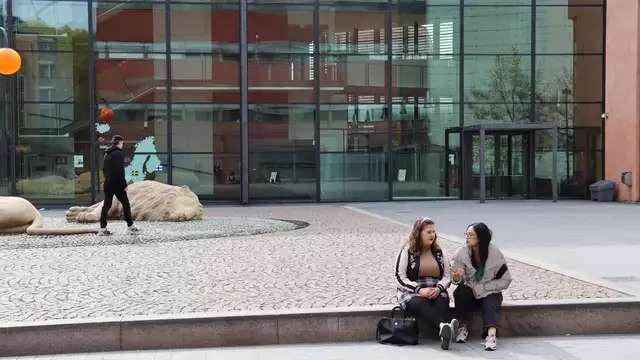
Worried about the crisis of democracy? Give youth the competences to protect democracy
Published: 29.05.2024 / Blog / Research
It is election time and since this year the hot topic is the 'crisis of democracy' and everybody is concerned about the vote of the youth, here are three points for the young and the not-so-young ones.
First, about the enemies of democracy. These are not only the governments of hostile countries. More dangerous enemies are those who seek to expropriate democracy from popular sovereignty, us, the people, from the right to decide about our future. All undemocratic ideologies seek to expropriate the people of this right, for example naturalising the inequalities and the injustices of an exploitative social order presented as the only possible one, or promising change, justice and equality under tyrannical leadership.
Second, as the youth 'own' the future, the youth is the primary target of propaganda relying on fear and disenchantment to leverage the appeal of undemocratic visions. The incitation to fear – unemployment, epidemics, wars, climate change, etc. – push people to give up freedom in exchange of reassurance, and to put our future in the hands of undemocratic leaders that will decide for us. Disenchantment achieves the same result, undermining the belief in our right and ability to craft a future better than the present: with less injustices, inequalities and oppression.
Third, those who lament the political apathy of the youth should recall that in every moment of history, the youth is the victim of the mistakes of the adults: of our mistakes. A most serious one among these is to have spread the idea that education is primarily about training workers instead of forming competent citizens. The best defence against the forces trying to drag our youth in forms of fear-based activism or the apathy of disenchantment is not 'democratic' propaganda but democratic education. This is the education that offers the competences necessary to interpret political communication, to have an informed opinion about relevant social issues and to participate to the exchange of opinions with our fellow citizens.
If and when the youth have strong democratic competences, the future of democracy is secured from the effects of dis-information in the social media and elsewhere. When formidable challenges appear to the horizon, competent citizens will not succumb to fear and tyranny, but will mobilise and deliberate effective responses. When politicians are disappointing, for example because unable or unwilling to defend the public interest against private ones, result is not apathy but more active political participation to identify and select better politicians. When formal education builds democratic competences, our youth will not need to be protected from undemocratic ideologies because they will protect themselves.



